Mastering the ICS File: A Complete Information to Including ICS Information to Google Calendar
Associated Articles: Mastering the ICS File: A Complete Information to Including ICS Information to Google Calendar
Introduction
With enthusiasm, let’s navigate by means of the intriguing subject associated to Mastering the ICS File: A Complete Information to Including ICS Information to Google Calendar. Let’s weave attention-grabbing info and provide recent views to the readers.
Desk of Content material
Mastering the ICS File: A Complete Information to Including ICS Information to Google Calendar

In in the present day’s interconnected world, scheduling and occasion administration are essential for each private {and professional} success. ICS (iCalendar) recordsdata are a regular format for representing calendar occasions, permitting for seamless sharing and integration between completely different purposes and platforms. Google Calendar, a ubiquitous device for tens of millions, readily helps the import of ICS recordsdata, providing a streamlined approach to handle quite a few occasions with out handbook entry. This complete information will stroll you thru each side of including an ICS file to Google Calendar, addressing varied eventualities and troubleshooting frequent points.
Understanding ICS Information: The Basis of Calendar Sharing
Earlier than diving into the import course of, it is important to understand the elemental nature of ICS recordsdata. These text-based recordsdata include structured knowledge describing calendar occasions, together with:
- Abstract: A quick description of the occasion.
- Begin and Finish Dates/Occasions: Exact timing of the occasion.
- Location: The venue of the occasion.
- Description: Detailed details about the occasion.
- Recurrence Guidelines: Defines how regularly the occasion repeats (every day, weekly, month-to-month, and so forth.).
- Attendees: Lists individuals invited to the occasion.
- Organizer: The person or entity accountable for creating the occasion.
- URL: A hyperlink related to the occasion, maybe to an internet site or doc.
This wealthy knowledge permits for the creation of advanced and detailed calendar entries, far past the capabilities of easy handbook entry. The standardized format ensures compatibility throughout varied calendar purposes and platforms.
Strategies for Including ICS Information to Google Calendar: A Multifaceted Strategy
There are a number of methods so as to add an ICS file to your Google Calendar, every catering to completely different person preferences and conditions:
1. Direct Import through Google Calendar’s Interface: That is probably the most easy technique, best for single ICS recordsdata.
- Find the ICS file: Discover the ICS file in your pc, usually downloaded from an e mail, web site, or different supply.
- Open Google Calendar: Entry your Google Calendar account by means of an online browser.
- Navigate to "Settings": Click on on the gear icon within the high proper nook and choose "Settings".
- Choose "Import & Export": Throughout the Settings menu, discover the "Import & Export" part.
- Click on "Choose file": It will open a file choice dialog field.
- Select the ICS file: Find and choose the ICS file you want to import.
- Click on "Import": Google Calendar will course of the file and import the occasions into your calendar. You may see a affirmation message as soon as the import is full.
- Choose Calendar: Select the calendar the place you need the occasions to be added. You possibly can create a brand new calendar particularly for imported occasions if wanted.
2. Utilizing Google Calendar’s E mail Integration: If the ICS file was despatched to your e mail, you’ll be able to typically import it instantly from the e-mail itself.
- Open the e-mail: Find the e-mail containing the ICS file attachment.
- Click on the attachment: Click on on the ICS file attachment.
- Choose "Open with Google Calendar": Most e mail shoppers will present an choice to open the ICS file instantly with Google Calendar. This mechanically initiates the import course of.
- Affirm the import: A affirmation message will usually seem, indicating profitable import.
3. Using Third-Get together Calendar Purposes: Some calendar purposes will let you subscribe to ICS feeds, successfully importing occasions mechanically.
- Discover the ICS feed URL: The supply offering the calendar knowledge (e.g., a faculty, group, or web site) ought to present an ICS feed URL.
- Add the URL in your Google Calendar: Inside Google Calendar, there may be an choice so as to add a calendar by URL (typically discovered beneath "Different calendars" or the same part).
- Paste the URL: Paste the ICS feed URL into the supplied discipline.
- Save modifications: Google Calendar will subscribe to the feed, mechanically updating your calendar with any modifications to the ICS knowledge. That is particularly helpful for recurring occasions or always up to date schedules.
Troubleshooting Frequent Points:
Regardless of the widely clean course of, some challenges might come up throughout ICS file import:
- File format errors: Make sure the file is a sound ICS file. Corrupted recordsdata will fail to import. Strive downloading the file once more from the supply.
- Permission points: If the ICS file accommodates occasions outdoors your entry rights, the import is likely to be partially profitable or fail utterly.
- Calendar conflicts: If an imported occasion conflicts with an current occasion, Google Calendar might immediate you to resolve the battle.
- Incorrect date/time settings: Verify your Google Calendar’s time zone settings to make sure correct occasion timing. Mismatched time zones could cause occasions to look on the fallacious time.
- Massive recordsdata: Very massive ICS recordsdata may take longer to import or trigger points. Think about breaking down the file into smaller chunks if obligatory.
- Server-side issues: Momentary server points on Google’s finish may sometimes disrupt the import course of. Strive once more later in the event you encounter persistent errors.
Superior Strategies and Issues:
- Creating Customized Calendars: Set up imported occasions successfully by creating separate calendars for various functions (work, private, faculty, and so forth.). This enhances readability and prevents calendar overload.
- Managing Recurring Occasions: Perceive how recurrence guidelines are interpreted by Google Calendar. Any modifications to recurring occasions imported from an ICS file may require cautious administration to keep away from unintended penalties.
- Sharing Calendars with ICS: You can too share your Google Calendar as an ICS file, permitting others to entry your schedule. This can be a highly effective characteristic for collaboration and coordination.
- Utilizing ICS recordsdata with different calendar purposes: Do not forget that ICS recordsdata are universally suitable. You should utilize the identical ICS file so as to add occasions to different calendar purposes like Outlook, Apple Calendar, and so forth.
Conclusion:
Including ICS recordsdata to Google Calendar is a invaluable talent for environment friendly calendar administration. By understanding the completely different import strategies, troubleshooting frequent points, and using superior strategies, you’ll be able to seamlessly combine exterior occasions into your Google Calendar, streamlining your schedule and enhancing your productiveness. This complete information supplies the data and instruments essential to grasp the artwork of ICS file integration, unlocking the complete potential of your calendar system. Keep in mind to all the time double-check your imported occasions for accuracy and consistency together with your different calendar entries. With observe, managing your schedule utilizing ICS recordsdata will develop into second nature, empowering you to remain organized and in command of your time.
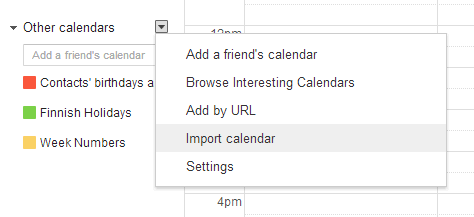
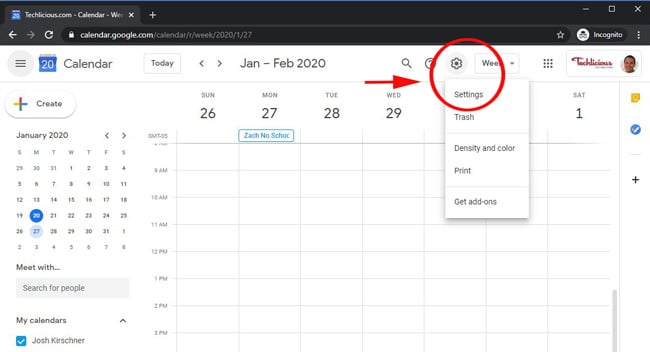


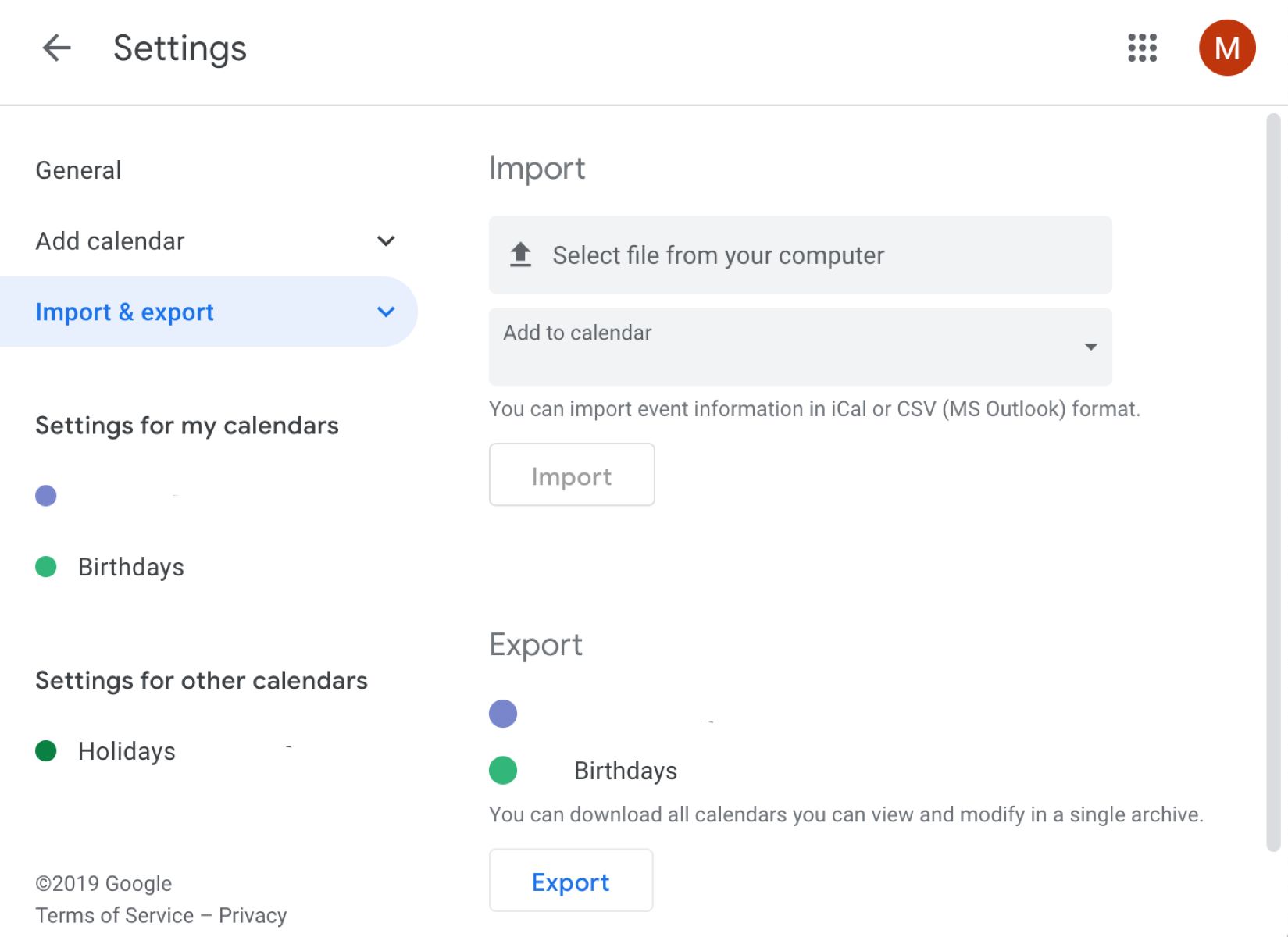
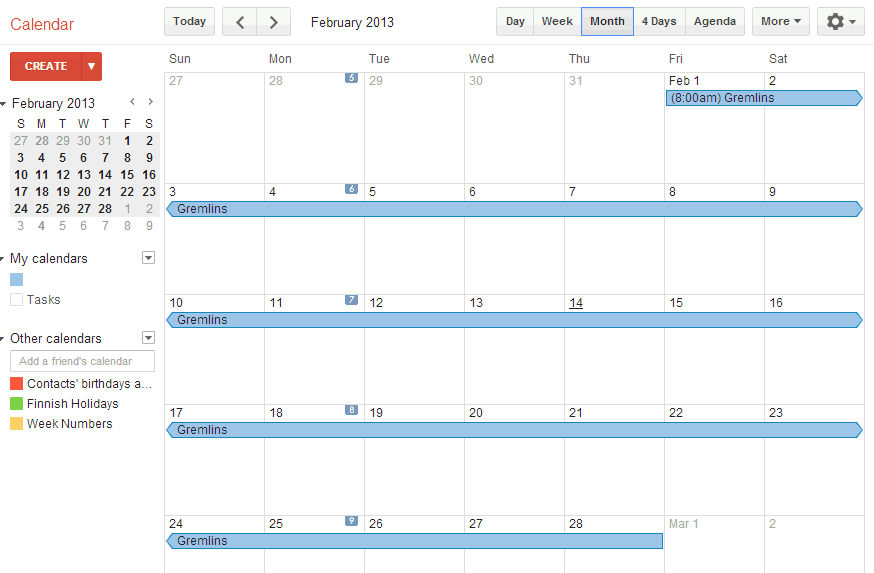

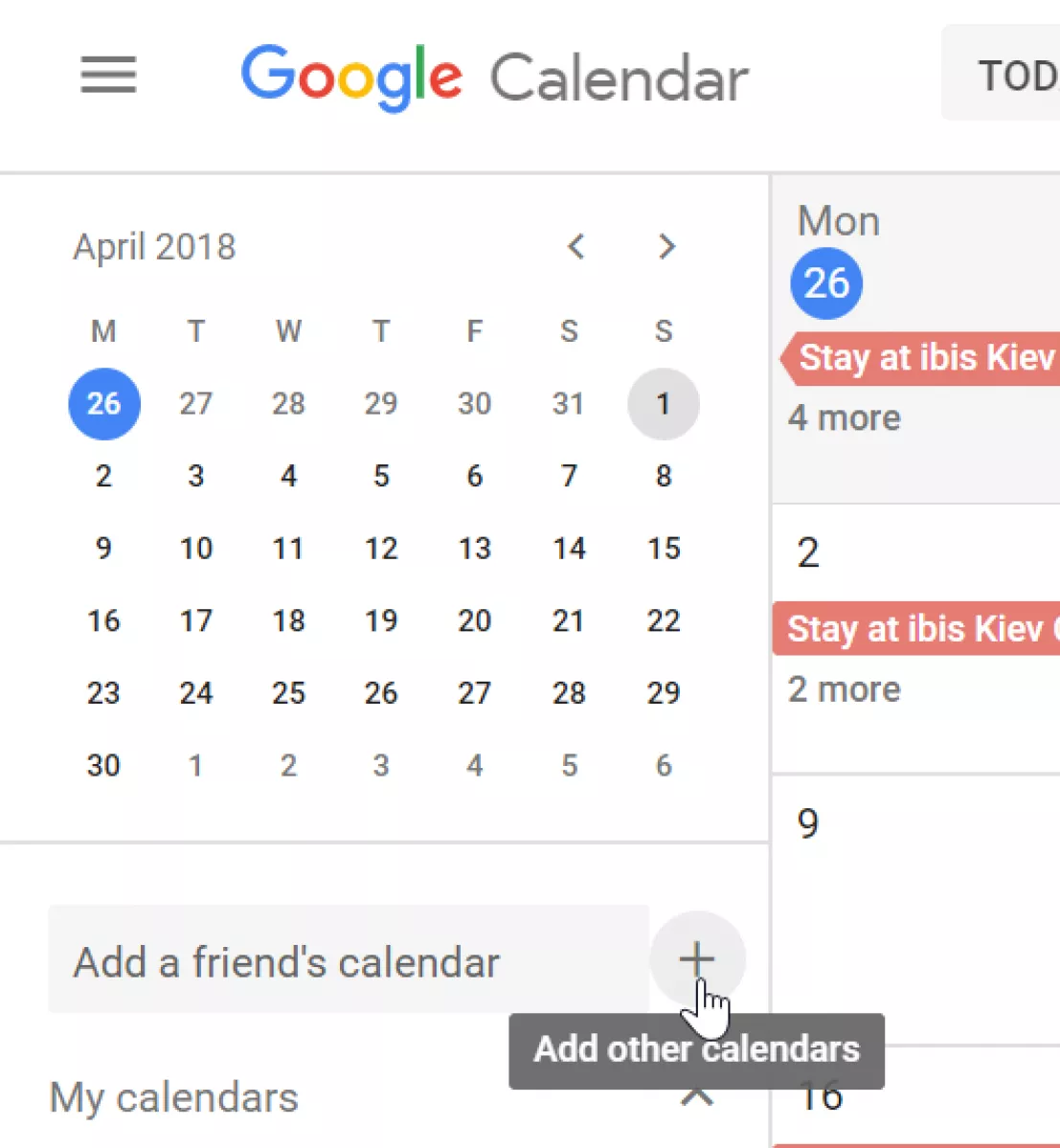
Closure
Thus, we hope this text has supplied invaluable insights into Mastering the ICS File: A Complete Information to Including ICS Information to Google Calendar. We hope you discover this text informative and helpful. See you in our subsequent article!